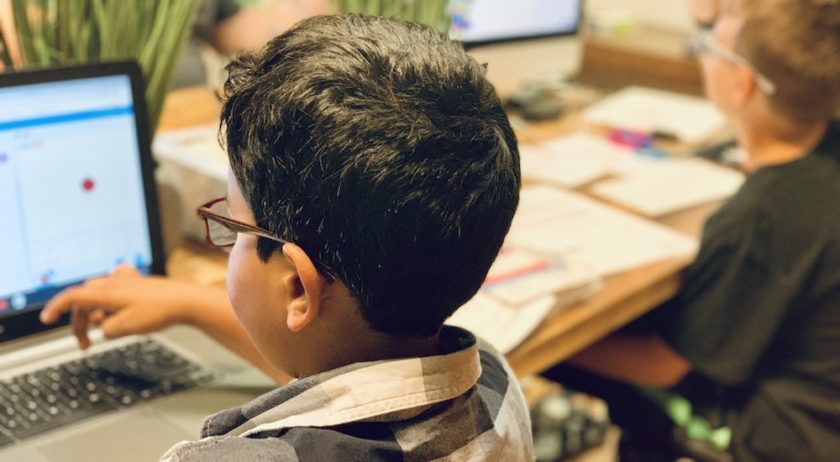The skills needed to succeed in remote distance learning are not primarily academic. Without the structure of school and the guidance of caring teachers, kids are often left on their own to learn. To succeed in the remote, distance learning environment a student either needs a live, engaged teacher with an exciting curriculum or the skills to manage one’s own attention, effort, and time. It’s clear that the kids learning the most in distance learning are those with great teachers or consistent parent support. However, there are other kids who are equipped with strong executive-functioning skills such as planning, time management, sustained attention, persistence, and flexibility who are also able to successfully navigate distance learning. How do these kids get these executive functioning skills and are there ways to improve executive functions and remote learning skills?
Executive-functioning skills are partially inherited but also developed through one’s environment. The growth of executive functions is a classic nature/nurture process. Many executive skills develop on their own as a result of modeling behavior from parents and teachers who present opportunities to try new skills. Children who can just watch and observe may also be those for whom the development of strong executive-functioning skills comes naturally. They may have strong capacities for working memory, the ability to sustain their attention, and the capacity to inhibit impulses. Others may not have these innate skill sets and require teaching and strategies to improve their executive-functioning skills.
Teaching, modeling, and exposure to opportunities to practice executive-functioning skills are crucial even for children who are “naturals” at effective executive functioning. For those who need additional assistance in this area, there are many other strategies that can help with developing better executive-functioning skills. Some of the more accessible ways to improve executive functions include: Playing video games, learning a new language, playing a musical instrument, exercising and participating in sports, engaging in unstructured play, and executive functioning coaching. Learn more about each of these strategies to help children improve their executive-functioning skills in the articles below:
Akili, a health technology company, recently received FDA approval for using video games as a treatment for ADHD and many other conditions. Playing these video games can be an alternative to prescribed medications, without any of the side effects.
Results show a trend in a healthier brain within individuals who are bilingual through the development of more neurons. Bilingualism can also help compensate for neurodegeneration and boost certain parts of the brain as individuals age.
While music makes people feel good, it is also beneficial for cognitive performance and achievements. Music programs in schools play an essential role in developing cognitive executive-functioning skills.
Exercise provides neural stimulation and brain growth that can cross over to be beneficial for academic performance within the classroom. Research suggests that participation in regular exercise can improve symptoms of ADHD as well which are commonly treated by medications or dietary changes.
Unstructured play allows free exploration and experimentation for children and encourages the development of self-motivation within them. The variation experienced within play makes the brain more adaptable and resilient.
Tutoring for Executive Functioning
Tutoring for executive functioning is similar to being tutored for a class. With guidance and practice, students can learn to be more organized and aware of their environment. They can attend online classes such as those through LW4K LIVE or receive one on one tutoring from an agency such as Beyond Booksmart.






